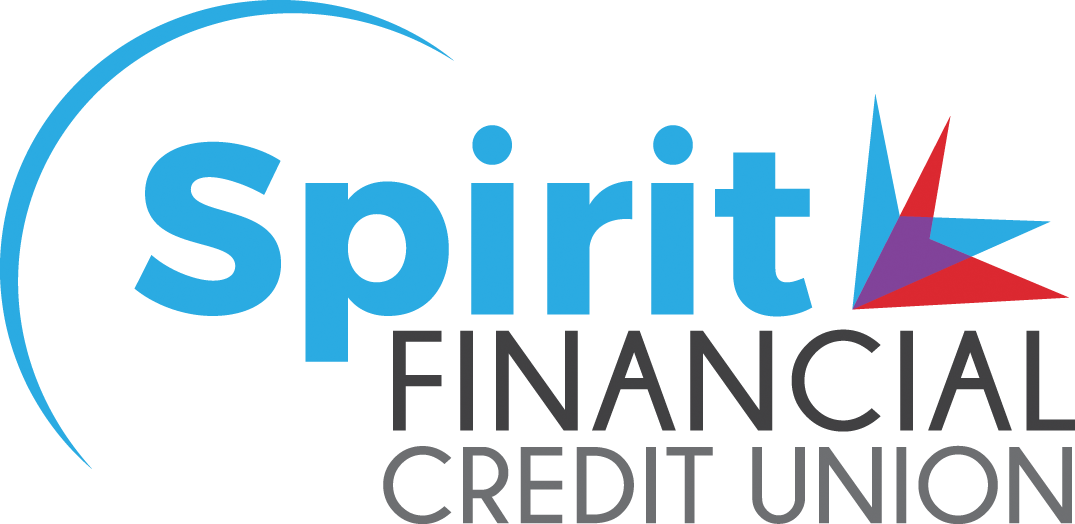A home equity line of credit (HELOC) is a good option when you will need a certain amount of money spread over time. It’s basically a type of revolving credit account. Your credit union or another lender will approve you for a total loan amount, but you don’t take the money in a lump sum. Rather, you draw on the line, as the money is needed. Since a home equity line of credit is a revolving loan, you only end up borrowing the exact amount you need. Best of all, you only pay interest on the amount you’ve taken out.
The amount of the HELOC you will qualify for is dependent on the equity you have built-in your home. This is the value of your home minus your mortgage balance and any other liens. Your combined loan to value ratio will determine how much you can borrow. Lenders typically let you borrow about 80% of the home’s equity. HELOCs have adjustable interest rates, so your payments may fluctuate based on the current interest rate and the amount drawn.
If you have one large expense that will be paid all at once, like a home remodel or a new swimming pool, then a fixed rate home equity loan is probably the better option, as once you pay for the project; you won’t incur any additional expenses. On the other hand, if you are looking at a series of expenses over time, a home equity line of credit may be the better answer for your needs. This can include things such as educational expenses, smaller improvements or repairs made over time, travel, or debt consolidation A HELOC has benefits over using a personal loan or a credit card to consolidate debt. A big benefit may be the lower interest rate you will pay on your secured loan, rather than a higher rate often associated with unsecured loans and credit cards.
A HELOC can also be a good option when you have a less than stellar credit score. Again, your home is used as collateral, so while your credit score will still have an impact on your loan approval, the collateral will be taken into consideration as well. The downside, if you have a poor credit score because you miss your monthly payments, is that with your home as collateral you risk foreclosure by not making your loan payments.
How is a HELOC payment calculated?
Your payment is based on the amount you borrowed, the terms of the loan, and the interest rate. You only need to pay back and pay interest on the amount you borrow from the line. Some lenders may allow you to make interest-only payments during what is referred to as the draw period, while others may require minimum monthly payments that go towards principal and interest. Those that require just the payment of interest during the draw period, have a balloon payment at the end. This means that you end up making a lump sum payment at the end of the loan term. That can be a very large sum depending on the total you’ve drawn on the line. If you can’t make that payment, you can be at risk of losing your home. Speak to your lender about the specific terms of repayment.
Is the interest paid on my HELOC tax-deductible?
The IRS suspended the deduction for interest paid on home equity loans and lines of credit unless they are used to buy, build or substantially improve the taxpayer’s home that secures the loan. Using the loan for things such as living expenses or to pay off credit card debt is not tax-deductible. The loan must also be secured by the taxpayer’s main home or second home, must not exceed the cost of the loan, and must meet other requirements as well. It can be a bit confusing, so it’s always best to speak to your tax advisor with questions relating to tax deductions.
How do I find the best HELOC rates and deals?
Shop around to find the best interest rates and terms. Different lenders have different loan programs and promotions available. Always start with your local credit union. Credit Unions often have very competitive loan rates for the benefit of their members. Be sure you understand all of the fees involved with getting a HELOC and compare costs. Some lenders may charge closing costs, annual fees, or even inactivity fees. Visit the Spirit Financial Credit Union website to learn more about the features of our HELOCs, view interest rates, or apply for a HELOC online.
A home equity line of credit can be a convenient source of securing funds for larger expenses, such as paying down high-interest debt, home improvements, funding education, and more. Read more about home equity loan questions to ask before applying.



